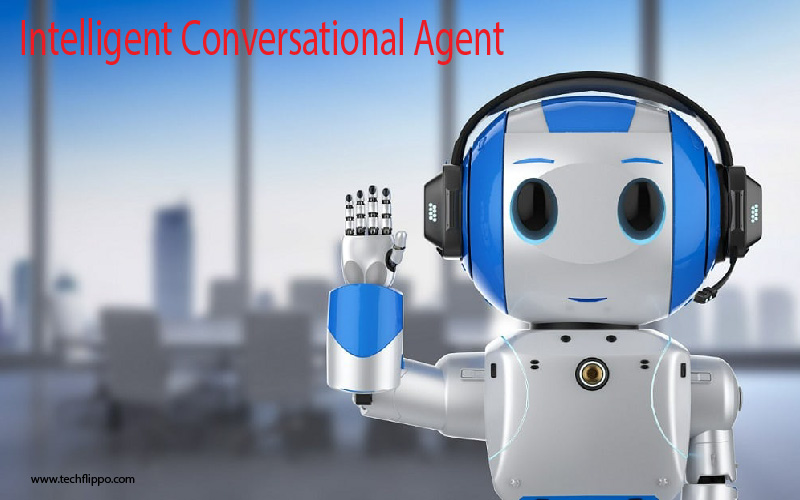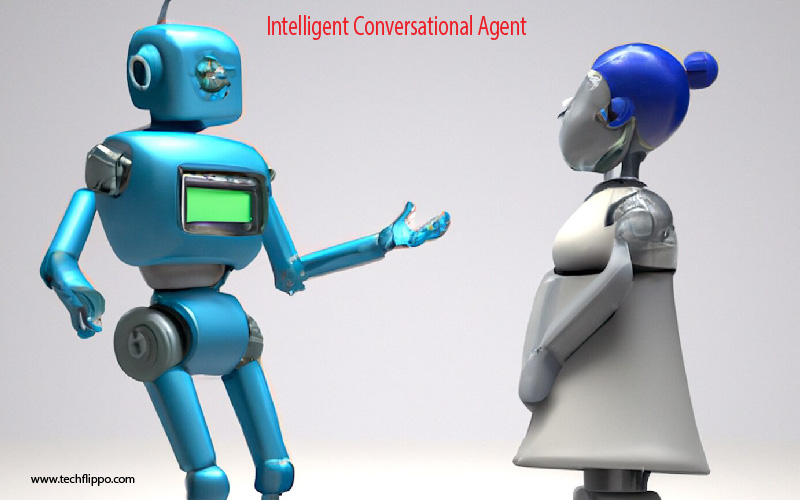Technology Driving Zo – Microsoft’s Intelligent Conversational Agent
Welcome to the fascinating world of Zo – Microsoft’s Intelligent Conversational Agent! Ever wondered about the technology behind engaging chatbots that seem almost human-like in their interactions? Let’s take a peek behind the curtain and explore how Zo is revolutionizing the way we interact with artificial intelligence. Join us on this exciting journey as we uncover the magic that powers Zo and its potential impact on our digital landscape.

The History and Development of Zo
In the world of artificial intelligence, Zo by Microsoft stands out as a pioneer in conversational agents. Its history and development showcase the relentless pursuit of technological advancement.
Zo’s journey began with Microsoft’s deep dive into natural language processing, machine learning, and neural networks. The team behind Zo worked tirelessly to refine its algorithms and enhance its capabilities over the years.
Through continuous iterations and improvements, Zo evolved from a simple chatbots to an intelligent conversational agent capable of engaging users in meaningful conversations. This evolution reflects Microsoft’s commitment to pushing the boundaries of AI technology.
With each milestone achieved, Zo has solidified its position as a leading player in the realm of virtual assistants. Its growth trajectory symbolizes the ongoing quest for innovation and excellence within Microsoft’s AI division.
As we delve deeper into Zo’s past, we uncover a rich tapestry of innovation, collaboration, and experimentation that continues to shape its present-day functionalities.
How Does Zo Work?
Zo, Microsoft’s Intelligent Conversational Agent, operates through a combination of artificial intelligence and machine learning algorithms. These sophisticated technologies enable Zo to analyze user input, understand context, and generate responses in real-time.
By leveraging natural language processing capabilities, Zo can interpret the nuances of human language and provide accurate answers or engage in meaningful conversations. Additionally, Zo continuously learns from interactions with users to improve its understanding and response accuracy over time.
Through a cloud-based infrastructure, Zo accesses vast amounts of data to enhance its knowledge base and keep up-to-date with current trends and information. This allows Zo to offer personalized recommendations or assist users with various tasks efficiently.
Zo’s functionality is powered by cutting-edge technology that enables it to interact seamlessly with users across different platforms while continuously evolving to deliver an enhanced conversational experience.
The Advantages of Using Zo
Engaging with Zo, Microsoft’s Intelligent Conversational Agent comes with a myriad of advantages that make it a valuable tool in the world of artificial intelligence. First and foremost, Zo excels at understanding natural language input from users, making interactions feel more human-like and intuitive. This ability enhances user experience by providing personalized responses tailored to individual preferences.
Moreover, Zo boasts advanced machine learning capabilities that enable continuous improvement over time. As it interacts with more users and collects data, Zo becomes smarter and more adept at engaging in meaningful conversations. This adaptive learning process ensures that the agent evolves to meet the changing needs and expectations of its users.
Additionally, Zo offers seamless integration across various platforms and devices, allowing for effortless communication wherever you go. Whether through messaging apps or voice assistants, Zo provides consistent support and assistance regardless of the medium used. This versatility makes it a convenient companion for users seeking information or entertainment on-the-go.
Furthermore, the scalability of Zo enables businesses to leverage its conversational capabilities for customer service automation and engagement strategies. By incorporating Zo into their operations, organizations can streamline processes, reduce response times, and enhance customer satisfaction levels significantly.
In essence, the advantages of using Zo are plentiful, making it an invaluable asset for individuals and businesses alike. Its unique features and functionalities set it apart, offering endless possibilities in the realm of intelligent conversational agents.

The Future Potential and Limitations of Zo
The future potential of Zo – Microsoft’s Intelligent Conversational Agent is vast and promising. As technology continues to advance, Zo has the potential to become even more sophisticated in understanding and responding to human interactions.
One limitation of Zo lies in its current capabilities when it comes to handling complex conversations or tasks that require deep contextual understanding. While Zo can engage in meaningful dialogues, there are still challenges in terms of handling nuanced emotions and complex queries effectively.
However, with ongoing research and development, these limitations may be addressed over time. The evolution of AI technology wills likely lead to improvements in Zo’s ability to interpret context, emotional cues, and provide more accurate responses.
The future holds great promise for Zo as advancements continue to enhance its capabilities and overcome existing limitations.
Real-World Applications of Zo
Zo – Microsoft’s intelligent conversational agent has a wide range of real-world applications that showcase its versatility and potential. One key area where Zo excels is customer service. Many companies are integrating Zo into their customer support systems to provide instant responses and assistance to users.
Moreover, Zo is also being used in the education sector to create interactive learning experiences for students. By engaging with Zo, learners can enhance their understanding of various subjects through personalized interactions and feedback.
Additionally, Zo is making waves in the healthcare industry by offering virtual health coaching services. Patients can interact with Zo to receive guidance on managing their health conditions or adhering to treatment plans.
The real-world applications of Zo continue to expand as businesses and industries recognize the benefits of leveraging this advanced AI technology.
Ethical Concerns Surrounding Zo and AI Technology
As with any emerging technology, Zo – Microsoft’s Intelligent Conversational Agent raises ethical concerns that need to be addressed. One major issue is privacy – how much personal data is being collected and how is it being used? Users may feel uneasy knowing their conversations are stored in the system.
Another concern revolves around bias in AI algorithms. Can Zo unintentionally perpetuate stereotypes or discriminatory behavior based on the data it has been trained on? Ensuring fair and unbiased interactions with users from diverse backgrounds is crucial.
There’s also the question of accountability. Who is responsible if something goes wrong during a conversation with Zo? Should there be clear guidelines for when human intervention is necessary?
Transparency in how AI systems operate and make decisions remains a significant ethical challenge. Users deserve to know how Zo learns, evolves, and functions behind the scenes to build trust in its capabilities.
Conclusion: The Impact of Zo on the Future of Artificial Intelligence
As we delve into the realm of artificial intelligence, Zo – Microsoft’s intelligent conversational agent stands as a testament to the advancements in AI technology. With its ability to engage users in meaningful conversations and continuously learn from interactions, Zo represents a significant step forward in creating more human-like AI experiences.
Moving forward, the potential for Zo and similar technologies is vast. From improving customer service interactions to providing companionship for individuals, there are countless real-world applications where Zo can make a difference. However, as with any innovative technology, ethical considerations must be taken into account to ensure that these conversational agents are developed and used responsibly.
While there may be limitations and challenges ahead for Zo and AI technology as a whole, it is clear that these intelligent conversational agents have the potential to revolutionize how we interact with machines. The impact of Zo on the future of artificial intelligence is profound, paving the way for new possibilities and pushing the boundaries of what is achievable in this ever-evolving field.